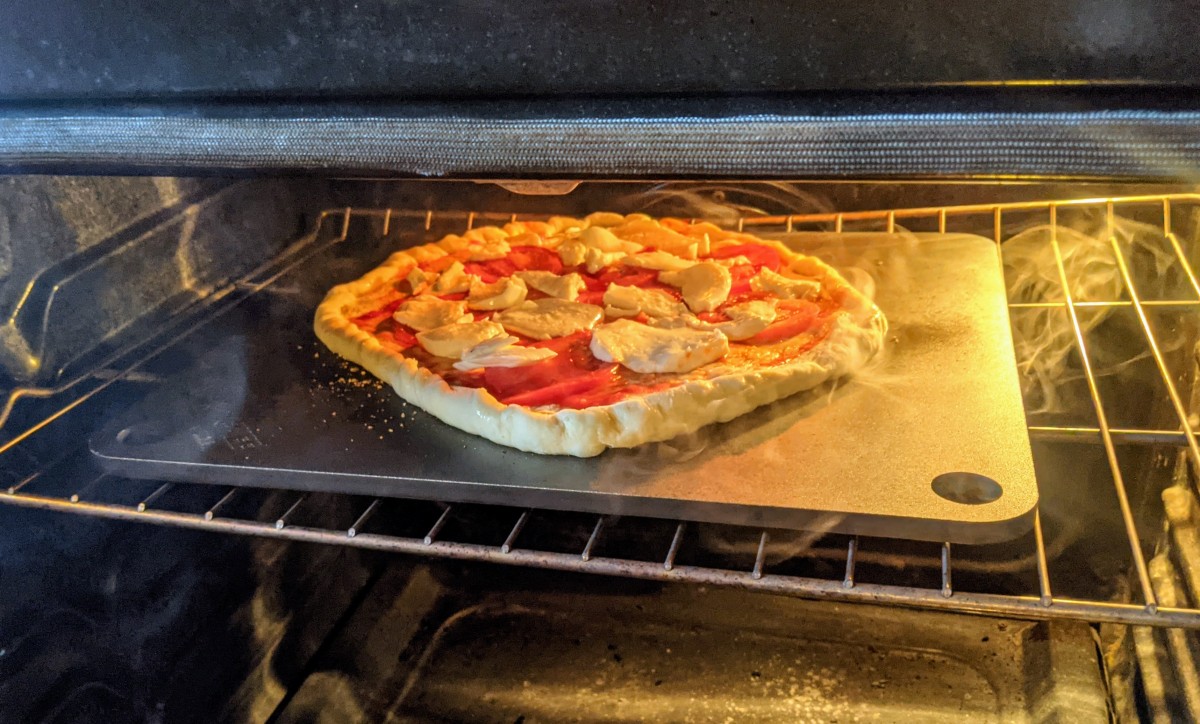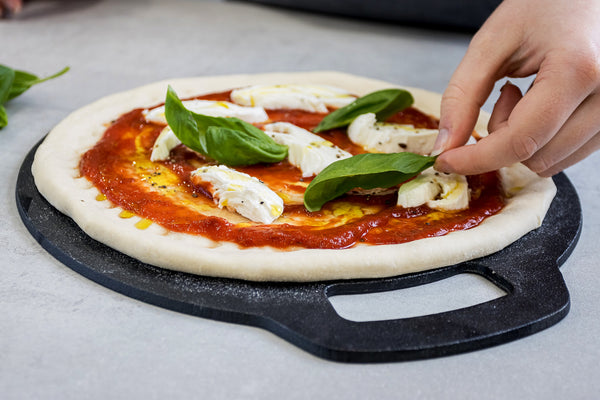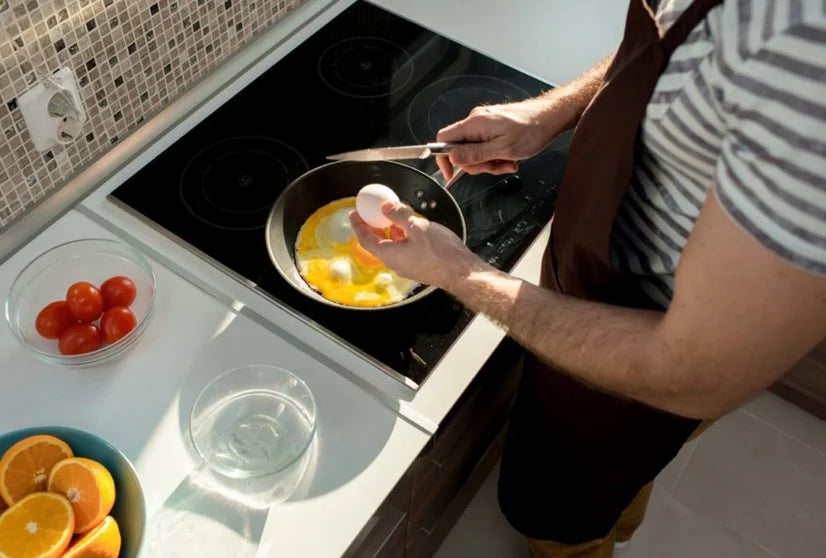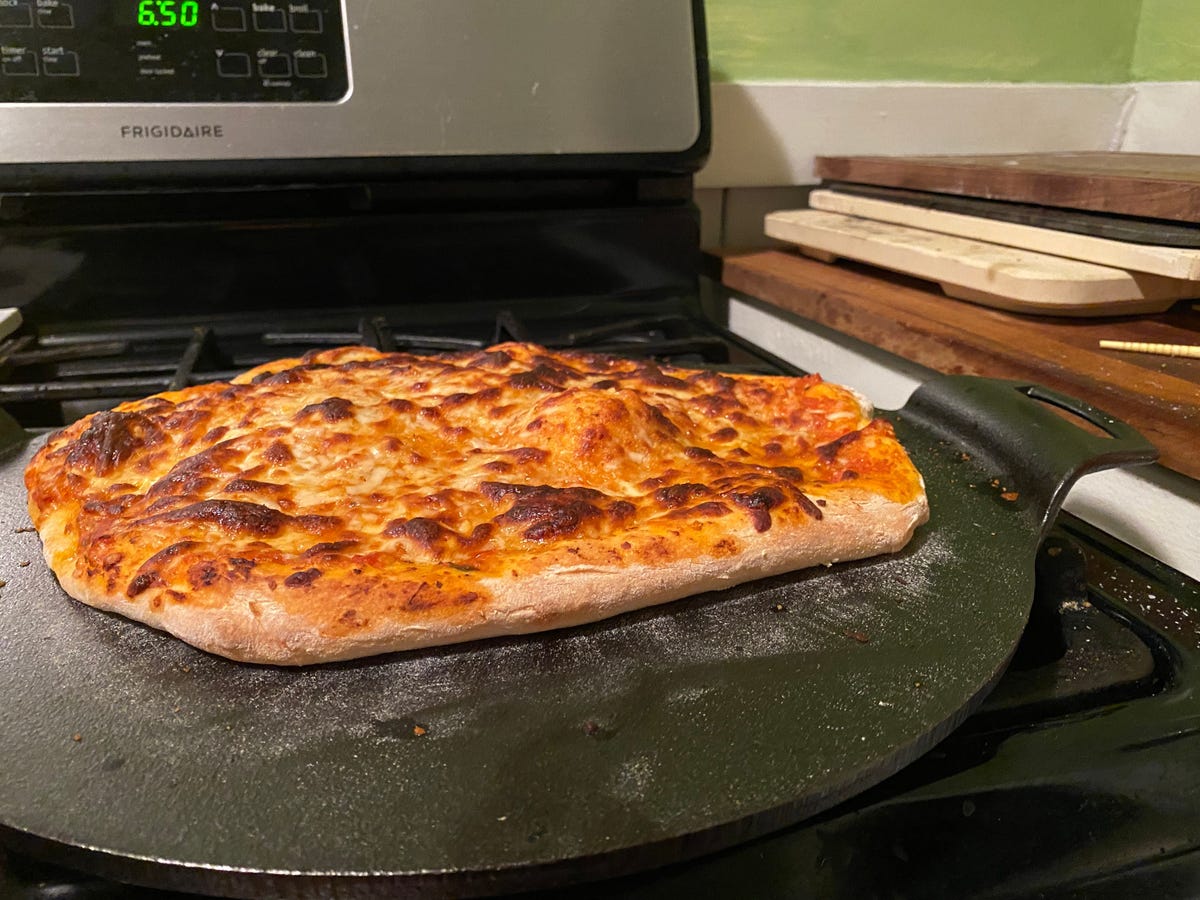For kitchen professionals, a baking stone is an essential tool that enhances the quality of baked goods, producing even heat distribution and perfectly baked crusts. However, having a high-quality baking stone means knowing how to maintain and store it properly to ensure its longevity and performance. Proper storage of a baking stone is not just about tidiness; it's about preserving a tool that turns a good bake into a great one.
One of the key factors in ensuring your baking stone remains effective for years to come is the method of storage. In this guide, we will explore effective techniques for storing a baking stone that maintain its condition and functionality.
:max_bytes(150000):strip_icc()/pizza-stone-testing-winners-lodge-pre-seasoned-cast-iron-baking-pan-wdickey-3-02-a8dc06f53f5d4be89d55a499294de19b.jpg)
Understanding the Importance of Proper Storage
Baking stones are crafted from materials designed to withstand substantial heat and mimic traditional brick ovens. To maintain their efficacy, proper care and storage are crucial. If stored incorrectly, a baking stone might crack, warp, or accumulate unwanted odors and flavors.
For additional insights on maintaining kitchen tools, such as the stovetop seasoning of cast iron, you might find helpful advice in the article stovetop seasoning cast iron.
How to Store a Baking Stone Efficiently
1. Keep it in a Dry Place
Moisture is one of the primary enemies of a baking stone. Storing your stone in a damp area can lead to unwanted moisture absorption. This not only affects its cooking performance but also increases the risk of cracking.
2. Use a Vertical Storage Option
Consider storing your baking stone vertically. This minimizes the risk of toppling over and allows for even air circulation, which can help prevent moisture build-up. A small cabinet or a dedicated rack close to your oven may provide the perfect space.
3. Avoid Extreme Temperature Changes
Like any stone or clay product, baking stones are susceptible to thermal shock. Avoid placing your stone in a place where it could experience abrupt temperature changes, such as directly alongside a window or a drafty area of the kitchen.
Maintaining Your Baking Stone
Beyond proper storage, maintenance is critical. Regularly inspect your baking stone for signs of wear and tear. Cleaning appropriately after each use ensures that old flavors and odors don't influence the taste of future bakes.
If your baking stone accumulates charred food layers, refer to useful guides on cleaning burnt food.
Additional Maintenance Tips
- Do not use soap or other cleaning agents on your baking stone. Instead, use a brush and water gently.
- Allow the stone to cool completely before washing to prevent cracking.
For further care tips, you might find reading the baking stone care tips beneficial.
Safe Storage Solutions
Some kitchen professionals use a baking stone cabinet designed specifically for high-altitude baking tools. This is an excellent investment for chefs with high turnover in stone baking.
Conclusion
Whether you're an avid baker or a professional chef, the importance of proper storing a baking stone cannot be overstated. By creating an ideal environment for your baking tools, you not only protect your investment but also ensure that your culinary creations are consistently achieving their fullest potential.

FAQs
How often should I clean my baking stone?
It's recommended to clean your baking stone after each use to prevent build-up of baked-on food and grease.
Can I store my baking stone in the oven?
Yes, storing it in the oven is fine as long as you remember to remove it when cleaning the oven or cooking at temperatures inappropriate for stone use.
Is seasoning necessary for a baking stone?
Unlike cast iron, seasoning a baking stone is not necessary. Just ensure it is clean and dry before storage.
This article contains affiliate links. We may earn a commission at no extra cost to you.






Leave a comment
This site is protected by hCaptcha and the hCaptcha Privacy Policy and Terms of Service apply.